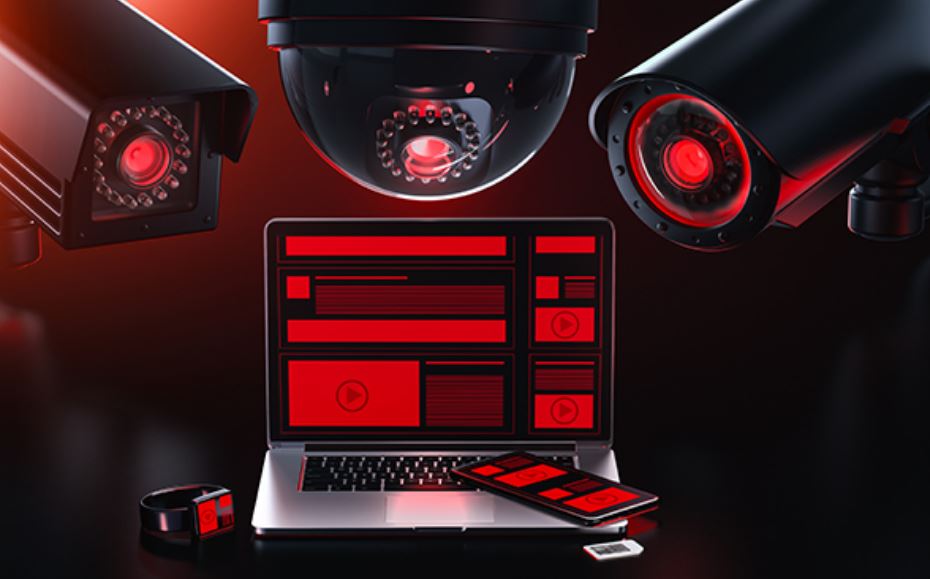This article comes from “naturalnews.com”
Major retailers are citing retail theft as justification for the use of surveillance systems powered by artificial intelligence (AI) in some of their stores.
CVS, Kroger, Lowe’s, Macy’s, Target, Walmart and other major big-box retailers have joined forces with technology firms and invested in the development and deployment of AI-powered surveillance systems. They consulted with loss-prevention experts and noted that their main goals are to prevent theft from taking place, make committing the crimes less appealing and turn criminals away before they even reach the store entrances – not so much in catching the perpetrators in the act.
Cheryl Friedman, vice president for Lowe’s Innovation Labs, said such technologies aim to “outpace potential wrongdoers while ensuring an excellent shopping experience for customers.”
“The first thing we look at is, can we detect these people and identify them before there are victims,” said Dr. Read Hayes, director of the Loss Prevention Research Council (LPRC). “We’re trying to get the offender or crew to say, ‘Not here, not now, this doesn’t feel right.'”
A large part of this theft detection includes “the deployment of a new generation of smart cameras and Edge appliances containing cost-effective AI processors that can be coupled with computer vision to more closely – and intelligently – examine checkout transactions, as well as in-store behavior that may be deemed suspect.”
Other technologies to deter shoplifters outlined in a CNBC report include autonomous security robots, facial-recognition cameras, license plate and vehicle readers, predictive analytic software, radio frequency identification (RFID) tags, smart case locks and video surveillance.
While these types of security technology have been in place for years, they’re now being powered by the latest AI tools and technologies, the report added. (Related: Retail analyst: Theft is growing at a faster rate than sales.)
Retailers need to proceed with caution
Some of the impacts of the retail theft epidemic include:
- Financial losses – Big-box retailers faced a dramatic jump in financial losses – $112.1 billion in 2022, which is up from $93.9 billion in losses in 2021 and $90.8 billion in 2020, according to the National Retail Federation (NRF).
- Operational disruptions
- Safety concerns for both store employees and shoppers
- Lower sales translated to profit loss, which led to the reduction of staff and wages
- Store closures translated to job losses
Some of the cities and retailers that have been hit the hardest by retail crime are:
- Chicago: CVS, Jewel-Osco, Target, Walgreens and Walmart
- Los Angeles: Home Depot, Rite Aid, Target, Walgreens and Walmart
- New York City: Bloomingdale’s, CVS, Duane Reade, Macy’s and Walgreens
- San Francisco: CVS, Safeway, Target, Walgreens and Whole Foods
Christian Becker, vice president of retail technology and cybersecurity for the Washington, D.C.-based trade association National Federation of Retailers, told CNBC: “We’re seeing a lot of tech vendors layering AI onto existing technologies.”
“Retailers have to be aware of the controversial issues that have been raised over the past year. Retailers need to use AI in a way that has appropriate guardrails, given the uncertainties of predictive outcomes of some AI tool,” he added. “If you’re using them to support loss-prevention activities, do it in a way that keeps humans in the loop before making any decisions that might have consequences for customers or employees.”
Visit Surveillance.news for more stories about the use of AI-powered surveillance systems against retail theft.
Watch the following video about how shoplifting is on the rise across the entire country.
Sources include:
